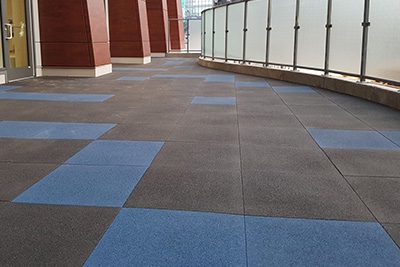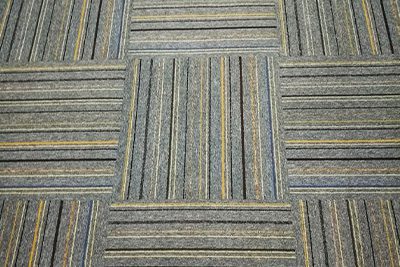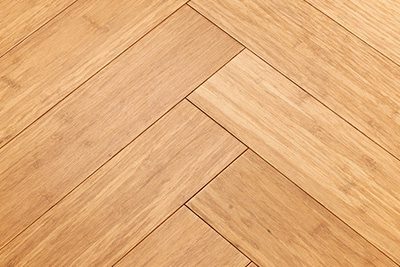Selecting the appropriate flooring for your business is a critical decision that impacts aesthetics, functionality, and maintenance. The right choice can enhance your brand image, ensure safety, and contribute to operational efficiency, so it’s important to get it right! Here are key factors to consider when choosing a flooring solution for your commercial space:
1. Assess Your Business Environment
Different industries have unique requirements. For instance, a retail store with high foot traffic demands durable and easy-to-clean flooring, while an office setting might prioritize comfort and noise reduction. Understanding the specific needs of your business environment is the first step in making an informed flooring choice.
2. Durability and Maintenance
Consider the longevity of the flooring material and its maintenance needs. High-traffic areas benefit from materials like luxury vinyl tile (LVT) or polished concrete, known for their resilience and low upkeep. In contrast, areas with less foot traffic might allow for more delicate materials.

3. Aesthetic Appeal
Your flooring contributes significantly to the overall ambiance of your space. Choose materials and designs that align with your brand identity and create a welcoming atmosphere for clients and employees. Modern LVT offers a variety of designs that can mimic natural materials, providing both aesthetics and durability.
4. Safety Considerations
Safety is paramount in any business setting. Ensure the flooring material provides adequate slip resistance, especially in areas prone to spills or moisture. Materials like rubber flooring offer excellent slip resistance and are often used in environments where safety is a concern.

5. Acoustic Properties
Noise levels can affect productivity and customer experience. Carpet tiles or cork flooring are excellent for sound absorption, making them suitable for offices or areas where noise reduction is essential.

6. Budget Constraints
While it’s important to choose high-quality materials, they must also fit within your budget. Consider both the initial installation costs and the long-term maintenance expenses. Materials like polished concrete might have a higher upfront cost but offer savings over time due to their durability and low maintenance requirements.

7. Installation Time and Business Disruption
Some flooring options require longer installation times, which can disrupt business operations. Plan accordingly and choose materials that align with your scheduling needs. For instance, certain modular carpet tiles can be installed quickly, minimizing downtime.
8. Environmental Impact
Sustainability is an increasing concern for many businesses. Eco-friendly flooring options, such as bamboo or recycled materials, can reduce your environmental footprint and appeal to environmentally conscious consumers.

9. Compliance with Regulations
Ensure that your chosen flooring meets all local building codes and industry-specific regulations. This is particularly crucial in sectors like healthcare or food services, where hygiene standards are stringent.
10. Future Flexibility
Consider the potential need for future renovations or changes in space usage. Modular flooring options, like carpet tiles or interlocking vinyl, allow for easy replacements and adaptability.

–
Written by Jack Vale




